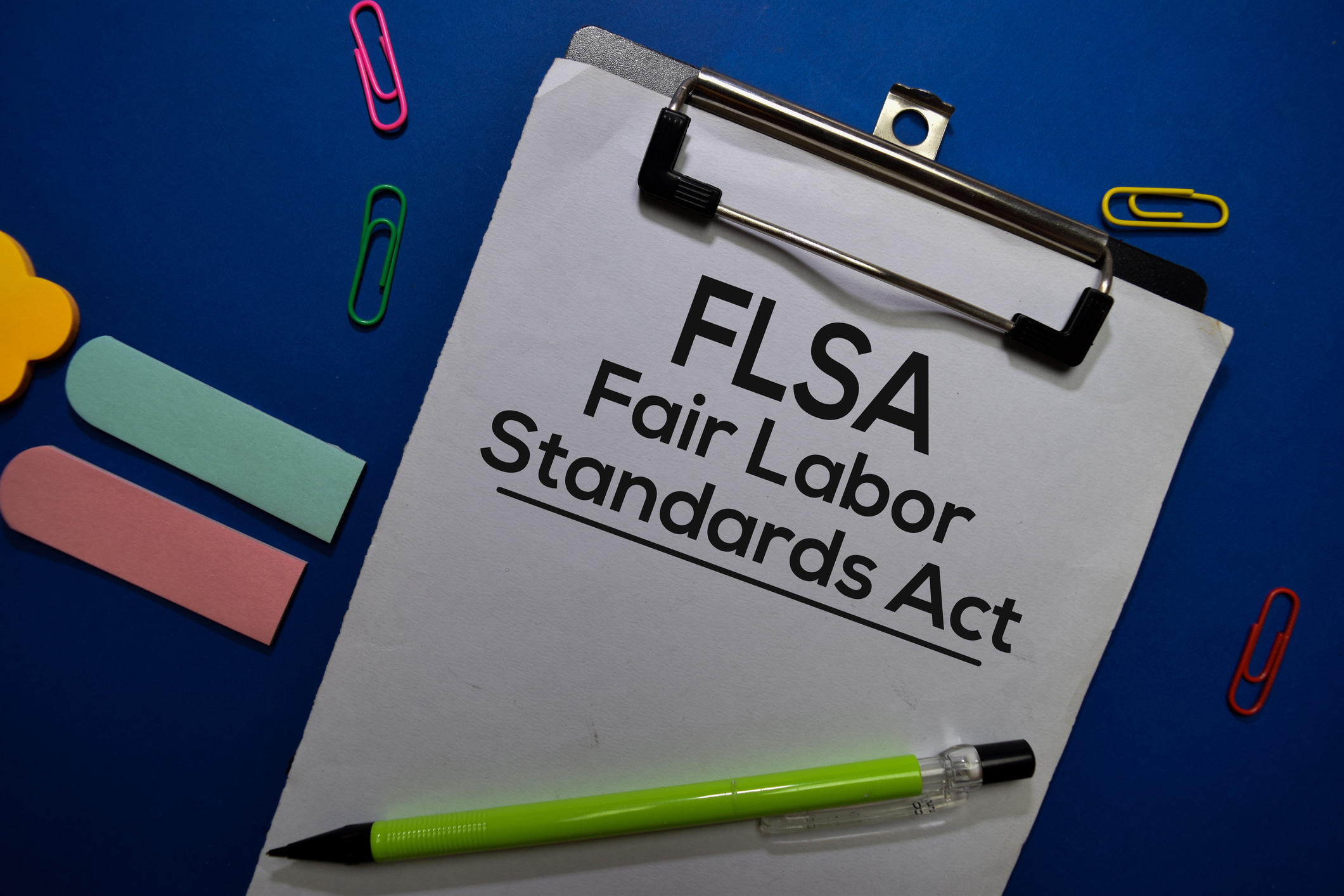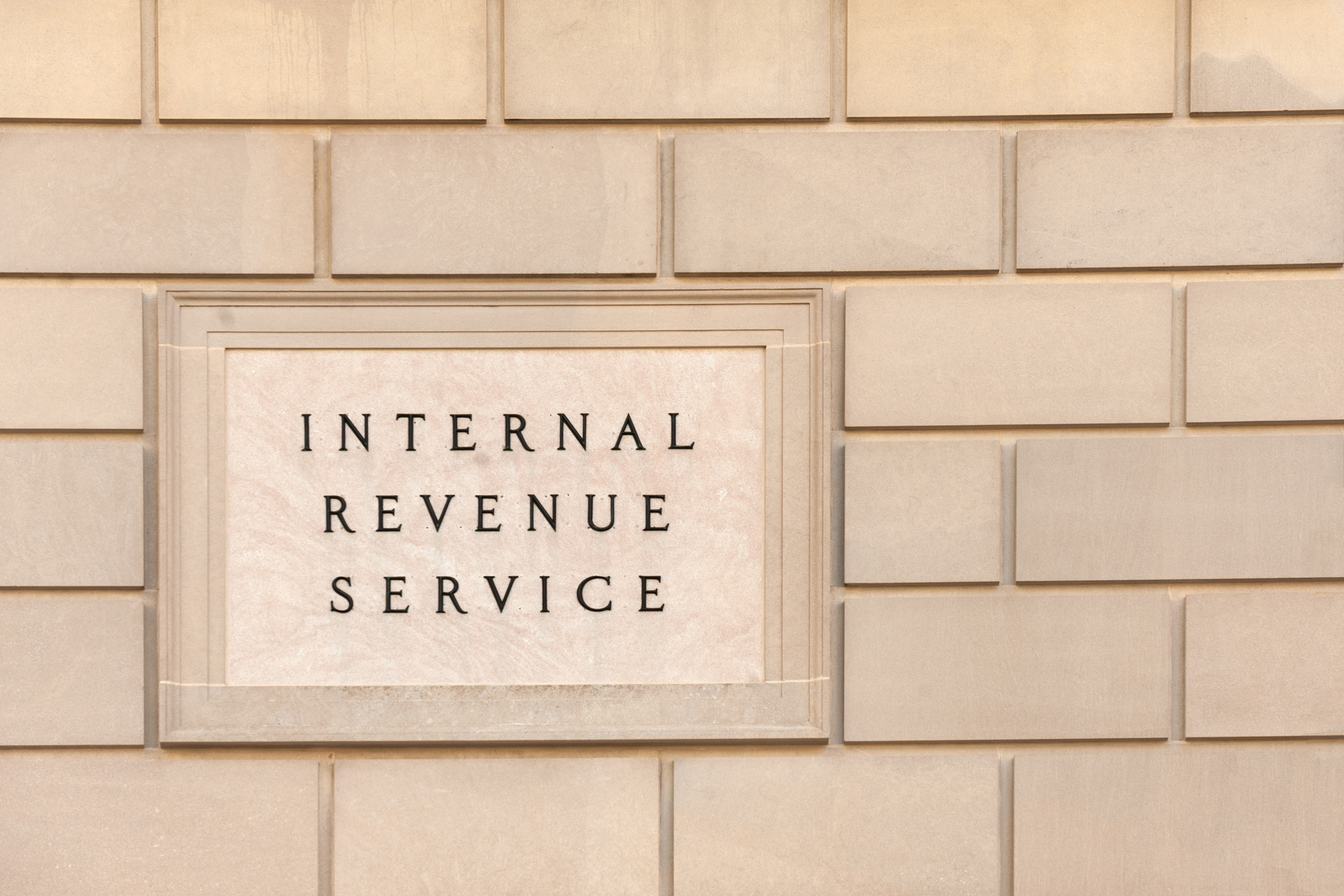Latest Blog Posts
-
 New York State Imposes Limitations on Penalties for Breaches of Agreements Settling Employment Disputes Posted on: December 04, 2023 In: Labor & Employment Read more »
New York State Imposes Limitations on Penalties for Breaches of Agreements Settling Employment Disputes Posted on: December 04, 2023 In: Labor & Employment Read more »
-
 UPDATE: Judge Wilken Renders Additional Decision Against NCAA Posted on: November 04, 2023 In: Sports Law Read more »
UPDATE: Judge Wilken Renders Additional Decision Against NCAA Posted on: November 04, 2023 In: Sports Law Read more »
-
 Following Ongoing Federal Legislative Inaction, NCAA Outlines Proposed Steps To Help Regulate NIL Posted on: October 09, 2023 In: Sports Law Read more »
Following Ongoing Federal Legislative Inaction, NCAA Outlines Proposed Steps To Help Regulate NIL Posted on: October 09, 2023 In: Sports Law Read more »
-
 Changing Gear: The Third Circuit Adopts A Multi-Factor Test for Determining When Donning/Doffing Are Compensable Under the FLSA Posted on: September 20, 2023 Read more »
Changing Gear: The Third Circuit Adopts A Multi-Factor Test for Determining When Donning/Doffing Are Compensable Under the FLSA Posted on: September 20, 2023 Read more »
-
 UPDATE: Student-Athletes’ Newest Effort to Unionize – Dartmouth Men’s Basketball’s Petition to the NLRB Posted on: September 14, 2023 In: Sports Law Read more »
UPDATE: Student-Athletes’ Newest Effort to Unionize – Dartmouth Men’s Basketball’s Petition to the NLRB Posted on: September 14, 2023 In: Sports Law Read more »
-
 DOL Proposes Overhaul of Salary Thresholds for Exempt Employees Posted on: August 31, 2023 In: Labor & Employment Read more »
DOL Proposes Overhaul of Salary Thresholds for Exempt Employees Posted on: August 31, 2023 In: Labor & Employment Read more »
-
 UPDATE: Sen. Ted Cruz’s Discussion Draft Joins Crowded Field in the Race for a Federal NIL Bill Posted on: August 07, 2023 In: Sports Law Read more »
UPDATE: Sen. Ted Cruz’s Discussion Draft Joins Crowded Field in the Race for a Federal NIL Bill Posted on: August 07, 2023 In: Sports Law Read more »
-
 The Game Time Rush to Introduce Federal NIL Bills Continues Posted on: July 31, 2023 In: Sports Law
The Game Time Rush to Introduce Federal NIL Bills Continues Posted on: July 31, 2023 In: Sports LawThe NCAA has made its goal for NIL regulation and enforcement very clear: federal legislation and intervention. After federal lawmakers have proposed more than a dozen bills to reform college sports in the past three years that have all failed to progress through the legislative process, the current lack of a nationwide standard has created a race among state legislatures to pass laws designed to give teams within their state a competitive advantage in recruiting.
Read more »
-
 NCAA’s Regulations Attempt To Restrict State Law: The New NIL Battleground Posted on: June 29, 2023 In: Sports Law
NCAA’s Regulations Attempt To Restrict State Law: The New NIL Battleground Posted on: June 29, 2023 In: Sports LawDespite numerous recent legal losses, the NCAA has asserted its intention to enforce its rules and crackdown on alleged NIL violations committed by its member schools. In our most recent Law360 article issued earlier this month, we discussed recent trends regarding state legislation that has already been introduced or become law (Arkansas, Oklahoma, Missouri, New York, Texas, and Colorado).
Read more »
-
 NIL 501(c)(3) Collectives Beware: The IRS is Watching Posted on: June 12, 2023 In: Sports Law
NIL 501(c)(3) Collectives Beware: The IRS is Watching Posted on: June 12, 2023 In: Sports LawThe world of name, image, and likeness (NIL) continues to change with forces beyond federal law, state law, or NCAA bylaws: enter the IRS. The Office of the Internal Revenue Service’s Chief Counsel has announced, citing numerous supporting revenue rulings and tax cases, in a non-precedent setting memo that non-profit NIL collectives are not tax exempt because they fail to satisfy IRS regulations.
Read more »
-
 New York City Amends Its Anti-Discrimination Law to Combat Height and Weight Discrimination Posted on: June 06, 2023 In: Labor & Employment
New York City Amends Its Anti-Discrimination Law to Combat Height and Weight Discrimination Posted on: June 06, 2023 In: Labor & EmploymentNew York City has adopted an amendment to its Human Rights Law aimed at eradicating discrimination based on height or weight. The legislation applies to employers, housing providers, and operators of public accommodations in the city. In the words of Mayor Eric Adams: “It shouldn’t matter how tall you are or how much you weigh when you’re looking for a job, are out on the town, or trying to rent an apartment."
Read more »
-
 NLRB Takes Next Step To Reclassify Student Athletes As Employees Under Federal Law Posted on: May 20, 2023 In: Sports Law
NLRB Takes Next Step To Reclassify Student Athletes As Employees Under Federal Law Posted on: May 20, 2023 In: Sports LawThe National Labor Relations Board’s (NLRB) effort to reclassify student-athletes as employees continues to move forward. In an anticipated next step, the NLRB’s Regional Director in Los Angeles has issued a formal complaint alleging that the football and men’s and women’s basketball players at the University of Southern California (USC) are actually employees of the school, the Pac-12 conference, and the NCAA, pursuant to the National Labor Relations Act (NLRA).
Read more »